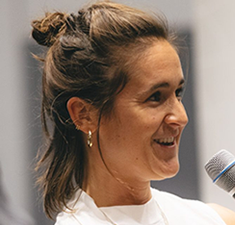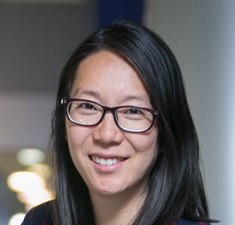Crisis Communications for Online Communities

Data breaches, distasteful ads or marketing campaigns, offensive content left unmoderated for far too long… as community professionals, we’ve studied these situations when they arise and many of us have had to manage such issues in our own communities.
In this episode, Patrick and crisis communications expert Kate Hartley discuss examples of micro and macro communications crises and how to best manage them. Kate breaks down the difference between a full blown communications crisis and negative or critical response to a change. “It’s only a crisis if it’s going to stop the community [from] being able to function,” she says. “If it’s not going to stop the community being able to function, then it’s not really a crisis. It’s an issue that just needs to be well-managed.”
Kate and Patrick also discuss:
- How social media and news feeds fuel outrage
- Remembering your employees during a communications crisis
- Setting a strategic intent for handling a communications crisis and knowing how to measure your outcomes







 A few weeks ago, the Community Signal team was discussing the upcoming schedule for the show and talking about the then recent news that
A few weeks ago, the Community Signal team was discussing the upcoming schedule for the show and talking about the then recent news that  If you work in games, social media, or community management, then you know that running any communications or programming around conventions like E3 and PAX requires intense planning and coordination. Fresh off of his first on the ground activation at E3,
If you work in games, social media, or community management, then you know that running any communications or programming around conventions like E3 and PAX requires intense planning and coordination. Fresh off of his first on the ground activation at E3,  How would the internet change if
How would the internet change if